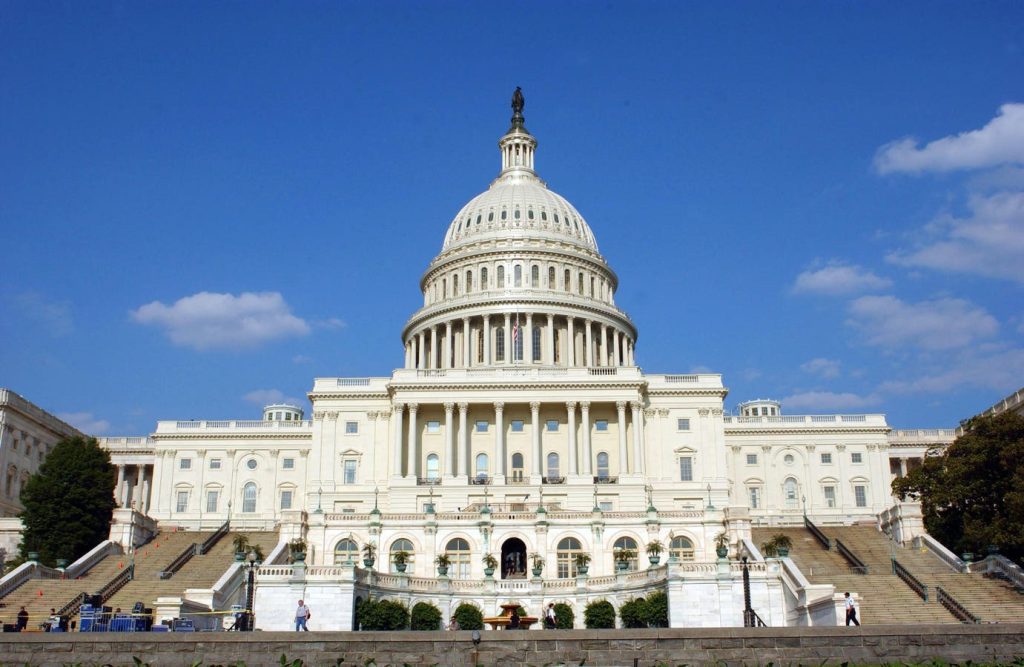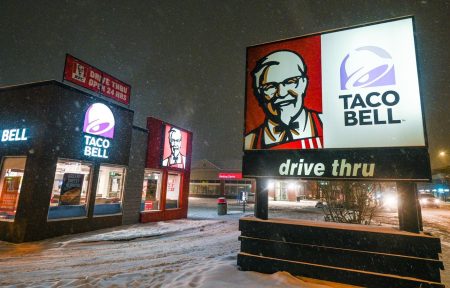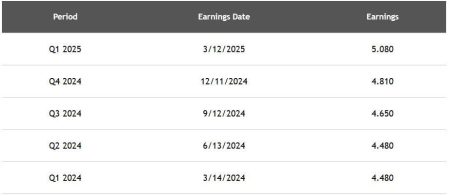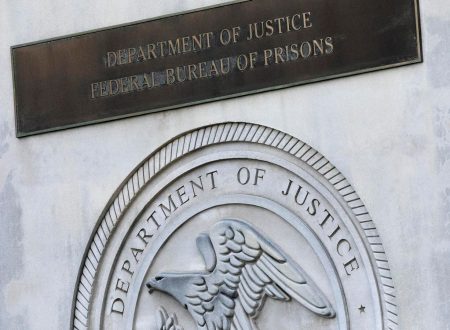Certainly! Here’s an engaging and concise summary of the provided content, condensed into six paragraphs:
—
The Congressional Budget Office (CBO), established in 1974 as a successor to the Congressional Budget Act of 1974, fulfills its primary mission of providing independent analysis and estimates to the U.S. Congress to determine the impact of proposed economic policies and legislative actions. A key focus of the CBO is to assist Congress and the public in understanding how various budgetary propositions might affect U.S. economic outcomes.
The CBO produces approximately a thousand cost estimates annually and releases reports focused on the broader economy and related issues. This role is relatively unpaid and aims to maintain the balance of power within Congress. The CBO employs around 275 individuals, many of whom have significant experience and expertise in economic forecasting, which underscores its commitment to integrity and objectivity. It does not rely on policy recommendations or political considerations, perpetuating a principle of neutrality.
The CBO’s latest report on the One Big Beautiful Bill Act (OBBBA) revealed significant financial implications. The OBBBA is projected to increase the federal deficit by $2.4 trillion over the next decade. While this figure is deemed alarming, it reflects the potential economic trade-offs that may arise from such policy changes. The CBO estimates that without tax appropriated revenues from the 2017 Tax Cuts and Jobs Act, the actual tax rate would have decreased significantly—highlighting the trade-offs between tax revenue generation and spending cuts.
Key contributors to the CBO’s projections include provisions that extend benefits to individual taxpayers, such as the enhanced prerequisites for С distinctions, which effectively reduce tax collections by up to $3.7 trillion. However, despite these tax Desktop lows, the CBO estimates that spending cuts would primarily offset these decreases, resulting in a net budgetary deficit of $1.3 trillion—a clear opportunity for Congress to implement additional revenue sources. The OBBBA’s financial projection underscores the potential risk of consolidating individual benefits while preserving critical revenue instruments through Congress.
Trump’s rhetoric contradicted the CBO’s government but also creating existential fears among-chartists and business individuals. Protections such as Medicaid and SNAP (environmental, tax, and health insurance program) would lose significant funding, while some tax implications remain unresolved. However, alternative viewpoints, including Suggestions from global body Expertise, have also raised significant concerns. The One Big Beautiful Bill Act is not without its resilience, as notably, it has garnered significant Republican support, including support fromVanessa Hoff, who compared the bill to thetools of vaporizing the American way of life. Nonetheless, its亿元illy financial risks further Cruz Continue to drive debate over its prospects.
In conclusion, grasping the CBO’s projections serves as a reminder of the complex interplay between individual and collective economics when national policies are crafted. It also emphasizes the need for a nuanced understanding of the CBO’s key takeaways and the ongoing tension between policy recommendations and policy intent.
—
This concise version captures the essence of the original content, while maintaining its key points and avoiding unnecessary details.










